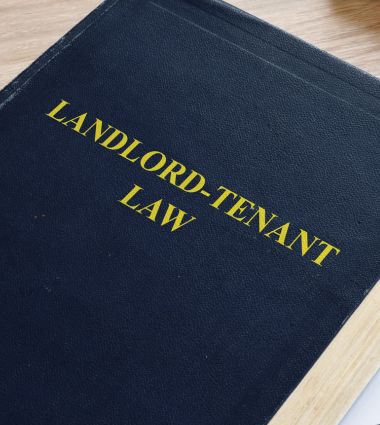How to Avoid Land Transfer Tax in Ontario
Buying property in Ontario comes with many costs. One of the most significant is the Land Transfer Tax (LTT). While it’s a standard part of real estate transactions, there are legal ways to reduce or even avoid paying land transfer tax in certain situations. These strategies often depend on the nature of the title transfer in Ontario and the relationship between the parties involved.
What Is Land Transfer Tax in Ontario?
When you purchase real estate in Ontario, you are required to pay a land transfer tax at the time of closing. This tax is calculated as a percentage of the property's purchase price, with rates increasing as the property's value rises. The tax is typically paid as part of the purchase and sale process and is handled during the closing of the transaction.
In some areas, such as Toronto, an additional municipal land transfer tax also applies, effectively doubling the total amount due.
Legal Ways to Avoid or Reduce Land Transfer Tax
1. First‑Time Home Buyer Rebate
If you’re a first‑time home buyer, you may qualify for a rebate of up to $4,000 on your land transfer tax.
Eligibility includes:
- You’ve never owned a home anywhere in the world.
- You’re at least 18 years old.
- You intend to occupy the home as your primary residence within 9 months of purchase.
Important: If you’re buying with someone who isn’t a first‑time buyer, only your share of the purchase may be eligible for the rebate.
2. Transfers Between Spouses
Ontario law allows for land transfer tax exemptions on property transfers between legally married or common‑law spouses, including situations such as:
- Transfers as part of a separation or divorce settlement.
- Estate or tax planning where no monetary value is exchanged.
For detailed guidance on transferring title between family members, visit How to Transfer the Title of Home from a Parent to a Child.
3. Transfers Due to Marriage Breakdown
If property is transferred as part of a separation agreement or court order, you may be exempt from LTT, provided:
- The transfer is to a legally separated spouse.
- No extra consideration is paid beyond any assumed mortgage.
These exemptions help ease financial burden during a marital breakdown.
4. Inheritance and Estate Transfers
If you inherit property through a will or estate, land transfer tax is usually not payable.
However, if you inherit property outside a will, or pay someone else for a share of it, this exemption may not apply.
For advice on handling deceased estates, you may find our article on How To Transfer The Property Of The Deceased helpful.
5. Corporate Reorganizations / Rollovers
Property transfers between related corporations or to shareholders may be exempt under Section 3 of the Land Transfer Tax Act, commonly used in:
- Business restructurings
- Corporate mergers
- Tax planning
These complex legal maneuvers require professional help. Khan Law’s team can assist with safe structuring and compliance.
6. Farm‑Property Transfers Within Families
Ontario supports generational farming by offering LTT exemptions for transfers of family farm properties, provided:
- The land continues to be used for farming.
- The transactions occur among family members.
What You Cannot Do: Avoid Illegal Tax Evasion
It's legal to avoid land transfer tax using legitimate exemptions, but illegal tax evasion is a different matter. Avoid:
- Falsifying the purchase price
- Back‑dating contracts
- Claiming exemptions you're not legally entitled to
Such practices can result in penalties, fines, or criminal charges. Always proceed with transparency and professional guidance.
Why Professional Legal Advice Matters
Many LTT exemptions depend on specific conditions. Missing a detail could result in paying thousands more or facing legal consequences.
At Khan Law, our real estate team helps clients:
- Understand which exemptions or rebates apply
- Handle corporate or family transfers correctly
- Prepare and file land transfer documents accurately
Need Help Reducing Land Transfer Tax in Ontario?
Whether you're a first‑time home buyer, transferring property among family, or engaging in a business restructuring, we can help you navigate the legal process and minimize your tax liability.
Contact Khan Law today to schedule a consultation with our real estate legal experts
Real Estate
Family Law
Wills & Estates
Immigration
Join Our Mailing List.
Sign up with your email to receive our newsletter and stay informed about the latest legal developments and special offers.



















































































